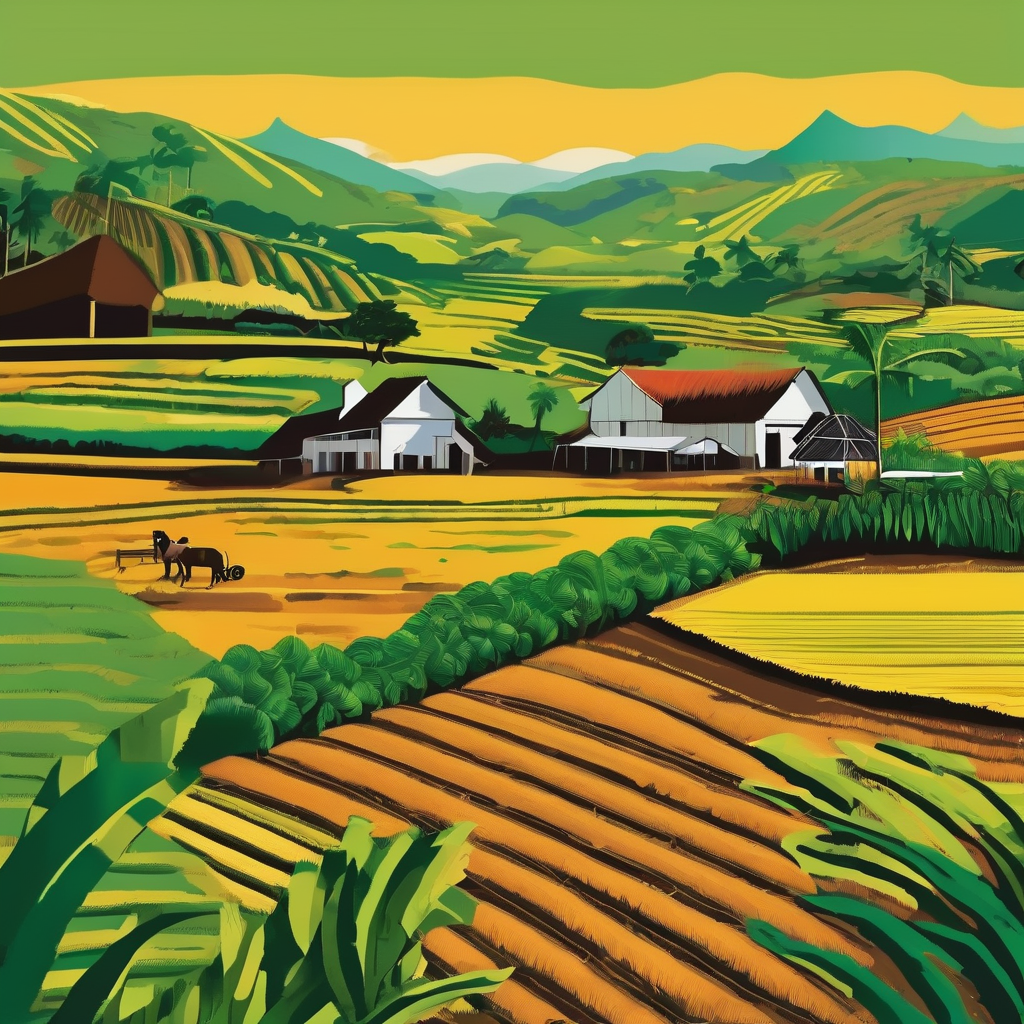In the 1970s, brothers Bali Karan and Jai gained recognition for their successful dalo farming on a 16-acre plot of Crown land in Muaniweni, Naitasiri. This achievement was highlighted in a report by The Fiji Times on November 9, 1976. They not only focused on dalo as their primary crop but also cultivated various cash crops including beans, bhindi, corn, and kumala. Additionally, they kept cattle and sold their produce at the Suva Market, contributing significantly to the local economy.
Like many farmers in their time, the Karan brothers faced financial challenges due to the seasonal nature of sugarcane farming, which had once been a staple in the region until the Nausori mill ceased operations in 1958. This left many farmers, including the Karans, struggling with debts as they navigated the transition to other crops. They experienced a prolonged period of financial insecurity until the farming landscape evolved in the 1970s.
Gradually, most farmers in Muaniweni adapted to commercial agriculture, employing improved budgeting skills to alleviate their financial burdens. This shift marked a turning point for the community, where learning to farm other crops became a pathway towards economic recovery and stability.
Similar narratives from contemporary farmers illustrate the resilience and determination rooted in the agricultural sector of Fiji. For instance, Anare Saruicava, who recalls observing his father at the Suva market in the 1970s, now operates a thriving farm cultivating kava and dalo on Koro Island. He emphasizes the importance of investment and collaboration in farming, noting that teamwork is crucial for achieving better yields and overcoming challenges such as inadequate road conditions and logistics.
The agricultural stories from both the past and present resonate with the ongoing struggles and triumphs faced by farmers in Fiji. They serve as a reminder that with commitment and community support, farming remains a vital avenue for economic independence and sustainable livelihood. As farmers like Saruicava advocate for greater appreciation of agricultural work, they highlight the critical role of farming in fostering resilience and financial stability amidst changing economic landscapes.
Hope remains strong in these communities as they continue to push towards a more secure agricultural future, reinforcing that cultivating the land can yield considerable benefits for generations to come.
